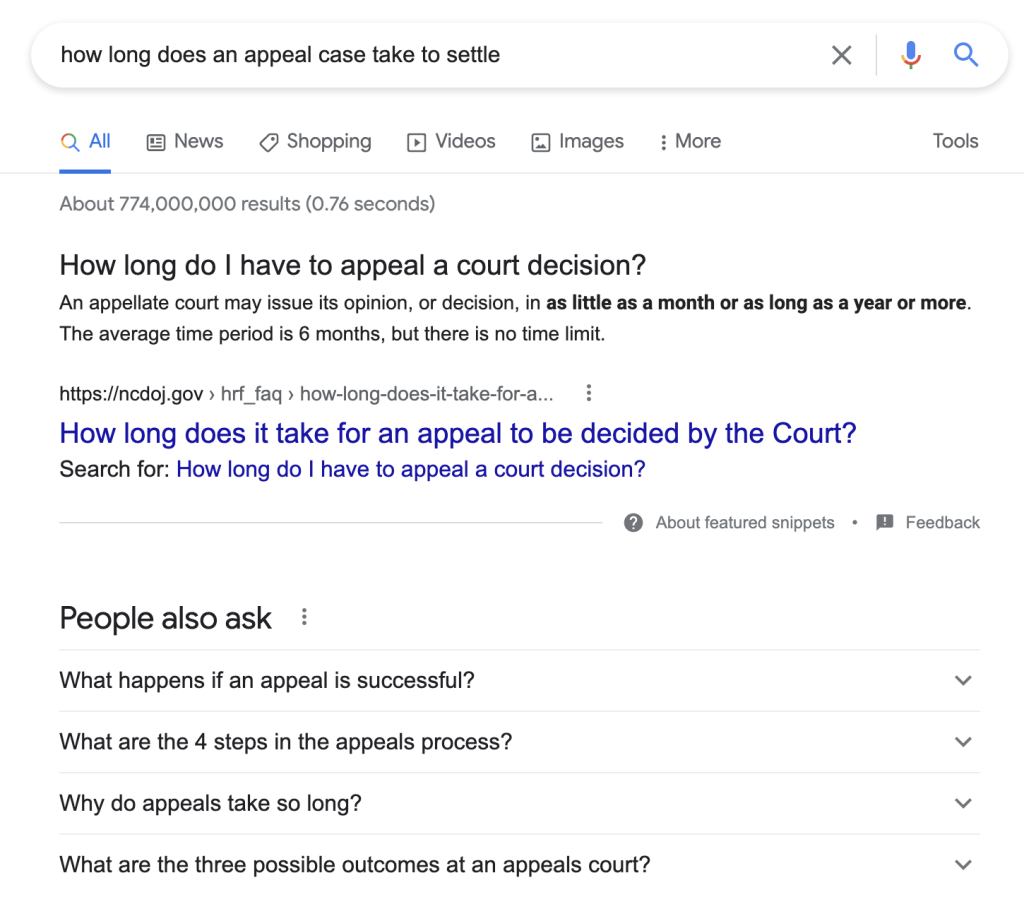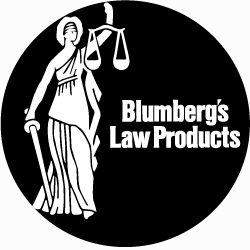Content marketing is one definitive marketing strategy that increases website traffic and generates leads. Effective content marketing can do several things for your law firm.

- Position your practice as an authoritative resource potential clients will turn to for help
- Increase traffic to your website through strategic links in the content
- Improve your law firm’s search rank
But what does actual content marketing for law firms look like?
What is Content Marketing?
Content marketing is defined as the production and distribution of relevant, valuable content aimed at attracting and retaining a target clientele or customer. The types of content often used in content marketing campaigns are blog posts, videos, and podcasts.
However, newsletters, publications, infographics, interviews, and long-form social medial posts are also viable mediums.
What content marketing isn’t…
Content marketing isn’t directly advertorial. To not come across as non-advertorial, the primary aim of content needs to be informational. You are producing niche-specific content designed to answer any question someone from your target audience might have.
By providing a wellspring of relevant, useful, and easy-to-digest content, you establish your business—or law firm, in this case—as an authoritative resource.
Ultimately, the goal of content marketing is to influence your target audience to associate your law firm’s brand with the solution to their problems.
But how do we get there? How do attorneys anticipate the types of questions potential clients might have?
This is where research comes in.
Who Are You, and Who Is Your Target Client?
These answers depend entirely on your practice and the types of clients you want to represent. The types of content you produce and how you produce it will ultimately come down to your brand and who you want to attract.
For example…
Are you a criminal appeals attorney with a reputation for overturning wrongful convictions, or are you an entertainment lawyer who wants to represent high-net-worth clients? How about a family law attorney who specializes in child custody? Or are you an immigration lawyer who offers multi-lingual law services?
Each one of these hypothetical law firms has a particular brand and a target audience. Here are some ways to brand the following practice areas through value propositions:
Criminal Appeals Attorney
- Fights on behalf of the wrongfully convicted or unfairly targeted
- Aligned with social justice and actively involved with social justice advocacy groups
Entertainment Lawyer
- Protecting the financial interests of high-net-worth individuals in the entertainment industry
- Helps established artists protect their IP, copyrights and helps with licensing
Family Law Attorney
- Experienced in mediating messy, complicated, and traumatic divorces
- Specializes in representing fathers in child custody cases
Immigration Lawyer
- Offers multilingual legal services to help immigrants receive proper protection when applying for citizenship, visas, or challenging deportation
- Helps applicants receive access to essential multilingual resources while staying in the US
Each one of these law firms has a niche brand within its practice area. Identifying (or developing) your niche brand is essential for carving out a space within your larger practice area.
After determining your niche brand and target clientele, you’ll need to start anticipating the kinds of questions your target clientele ask. This is crucial for developing useful content that provides value.
What Questions Do People Ask Related To Your Niche Practice Area?
Google Search is a groundbreaking piece of technology. It is the perfect tool for analyzing how people search for information. One free tool you can use to find out how people search for issues related to your niche is to use the People Also Ask tool.
Let’s continue with the example of the criminal appeals attorney from above. One question a potential client might have is, “how long does the case of an appeal take to settle?”

The People Also Ask tool automatically provides you with real search queries semantically related to your initial query.
By spending a half-hour exploring the different topics and questions real people ask, you can develop a content calendar that can produce an entire year’s worth of content. And it’s all based on genuine search queries that people interested in an appeals attorney’s services would ask.
This is one low-cost way to develop content ideas that are relevant to your target clientele.
What Kind Of Content is Best For Content Marketing?
The answer depends on several factors, including the topic of the content, the specific purpose of the content, and the medium it will be published on. Different types of content have various advantages.
Here are some of the most valuable types of content used in content marketing:
Infographics
Also referred to as flowcharts or diagrams, infographics take data and present it in a visually appealing, easy-to-understand format. Infographics are great for displaying statistics, data sets, and number-heavy data. Pie charts, flow charts, timelines, and bar graphs are all examples of the types of data often presented on an infographic.
Infographics are great link magnets—content that other websites want to link to or embed in their own content.
Example:
An infographic charting the rate of successful appeals over a 20-year period.

Blog Posts
Blogs are often thought of as the go-to type of content in content marketing. That is because they effectively answer questions, build brand authority, and direct readers deeper down through the marketing funnel toward conversion.
Blog posts can be introductory in scope or they can be extremely specific. Because of their flexibility, blog posts are the most popular content format.
Example:
A blog post that answers the question, “How long does a criminal appeals trial take?”
Podcasts
allow businesses to establish greater authority in their respective niches. The format often suits the purpose behind the content. Interviews with industry greats are an effective way to associate your brand with the industry’s top brass. Case studies are a great way to explore one of your cases in great detail and highlight your successes.
Example:
An interview with a regional DA about the history of wrongful convictions in the area.
Videos
Everyone loves to put a face to a name. Videos are practical tools for client engagement. Informational videos that walk viewers through specific legal processes not only help educate potential clientele on the process and help portray your staff as personable and approachable.
Example:
An education video walking viewers through the appeal application process in a particular State.
Are You Ready To Start Producing Content?
Content marketing is a viable marketing channel for many law firms. To start producing great content, you need to identify your niche and target clientele. Then, research the types of questions your target clientele might have. After that, choose the content mediums that help you achieve your marketing goals.
Veronica Davis is a writer, blogger, and legal assistant operating out of the greater Philadelphia area. She writes for Todd Mosser, a successful criminal appellate attorney.

